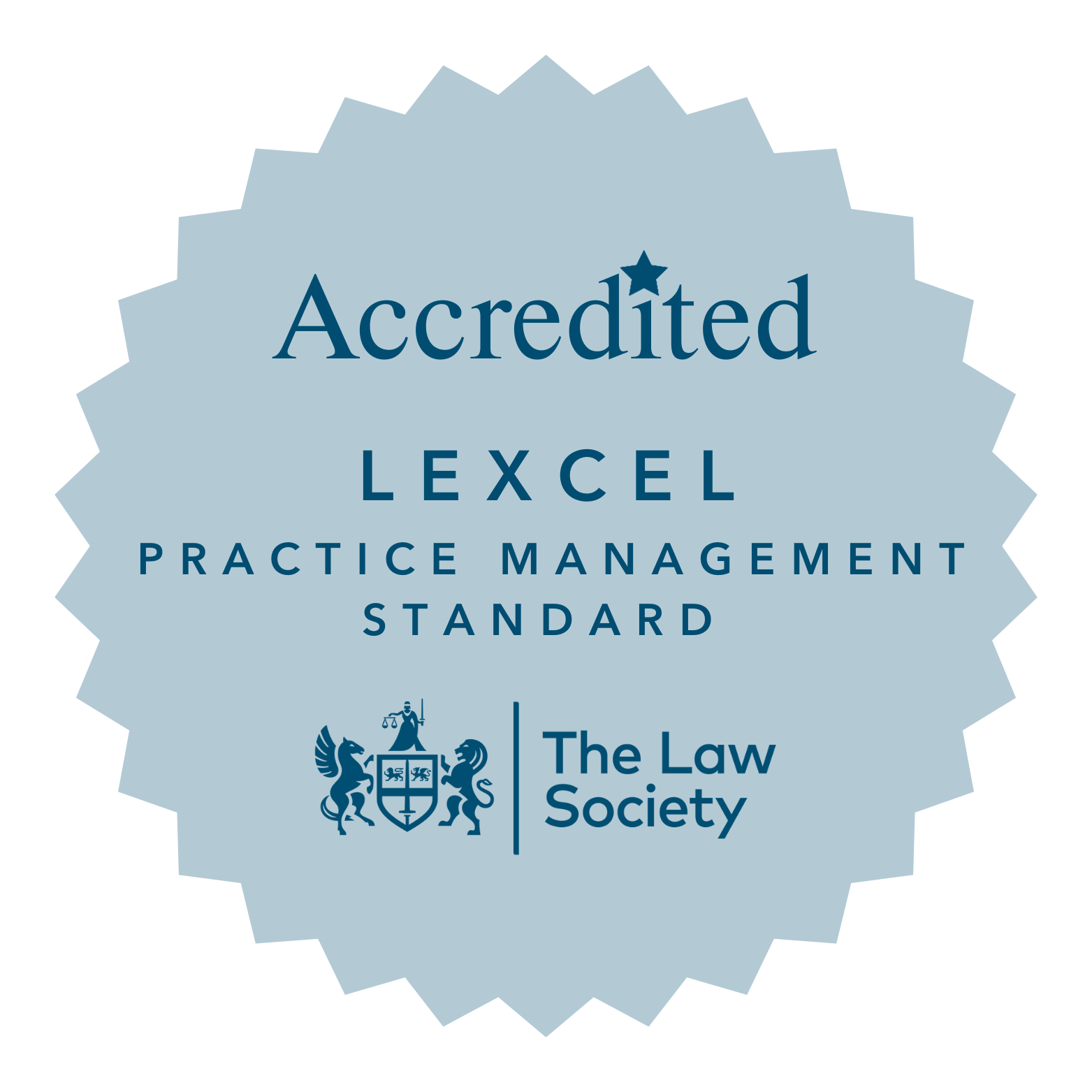Conveyancing Charges by Amy Arnold
Welcome to Pinkney Grunwells Conveyancing blog. If you’re reading this perhaps you are considering buying or selling a property or instructing us in a different type of Conveyancing transaction. As you can see from our website, we offer a wide variety of Conveyancing services by qualified staff who are happy to discuss your needs if you would like to make contact with us.

My name is Amy Arnold, and I am one of the property solicitors at Pinkney Grunwells and am based primarily at our Whitby office.
I’ve been in practice now for…well, a long time(!) and I know that for you, of paramount importance in choosing a solicitor is what it will cost. This is completely understandable in normal circumstances and even more so in the current economic climate.
Usually, our blogs consist of legal updates or information we think would be of assistance to our clients. This blog is to talk to you a little bit about our charging arrangements in Conveyancing, something the Law Society and the Solicitors Regulatory Authority require we publish on our website (in relation to residential property transactions).
Many years ago, the Law Society set the price that solicitors could charge. This is now not the case, but we are required to be transparent about legal fees and provide clients with as much information as we are able to both at the outset of the transaction and as matters progress.
If you are here on this page, it may be the case that you have been reviewing our fees to find out what charges you will incur if you decide to instruct us. Thank you for considering using our services and please contact us to discuss any questions you may have!
As well as providing information about our charges, we also need to manage clients’ expectations about all sorts of considerations in a Conveyancing transaction. Timescales is usually very high on the list for clients and what our work will consist of and how much information you will be provided with. Managing expectations is also required about our level of fees.
Whilst we will always do our utmost to give you an accurate costs estimate at the outset of a transaction, unfortunately, not all Conveyancing work is straightforward. Residential Conveyancing can be incredibly complex and time consuming for the solicitors trying to meet your goal of buying and/or selling a property.
When I discuss with clients what our charges will be I do explain that whilst our fees (on a residential sale and/or purchase) are based on the value of the transaction, there are occasions where the price we have given does not reflect the amount of work that has been or will need to be undertaken. In these instances, we must reserve the right to increase our fees. It is recognised that this can be worrying for clients in trying to calculate their expenditure but at the time we are asked to provide a quotation, we have not reviewed the title deeds to the property, are unaware of any complex legal issues or defects that need to be resolved etc. We want to be able to help you achieve completion but sometimes there are significant complications that must be addressed both for your benefit and also (in respect of a purchase) a bank or building society if you are obtaining a mortgage.
I use the analogy that if you have a problem with a vehicle and telephone the garage asking for a price, they will say that they can’t give you a price before seeing the vehicle and determining what is wrong with it. Fixed prices can be given for an MOT or a service but it is impossible for a garage to quantify the price for anything else without seeing the vehicle. Our work is the same.
We will always endeavour to update you as quickly as possible about any changes to our fees when we become aware that matters are ‘non-standard’ or considerably more time consuming where investigations are needed that were not anticipated when we provided our estimate and this blog is intended to clarify why this might be the case.
Problems with rights of way, issues with searches (including planning and building regulation approval), drainage, overriding interests are just a few examples of where a transaction can become significantly more complicated. Occasionally, issues cannot be resolved and in those instances we have to advise clients that we do not recommend that they proceed but ultimately, we are here to help you achieve your goal not stop you which can mean we have to undertake far more legal work than was envisaged.
Our standard fee scales work on a number of assumptions, namely;
1. The property has a good and marketable title. This means that ownership can clearly be evidenced, that the title deeds include all appropriate rights that are required for the use of the property and there are no restrictive covenants that prevent or impact the current use of the property.
2. That the property receives acceptable pre-contract search results undertaken with the local authority, the water authority, and the environment agency.
3. That there are no tenancies of the property that are to continue after completion and that the property is being sold with vacant possession.
4. That there are no ongoing disputes
5. That the other party to the transaction are independently represented by another solicitor or conveyancer
6. That any mortgage is a standard mortgage from a known high street lender that subscribes to the CML Lenders handbook
7. That the purchaser is not a company or an overseas entity and that the funding of the transaction has originated in a UK bank account.
8. That the property is registered at the land registry on one title or, if currently unregistered, is demised in one Conveyance or transfer.
9. That the property is freehold or a standard residential long leasehold title (for which a leasehold supplement will apply)
We do publish some supplemental fees on our website, but these again are linked to standard assumptions and where a transaction does not meet these assumptions we will have to discuss with you the further charges that will need to be made.
This Blog is not intended to contradict our standard fees and I’m pleased to say that in many of our transactions these fees are accurate! I do, however, feel that it is important to explain why the fee you ultimately pay may be higher than our original estimate.
I hope that this information is helpful. We are always here to assist and look forward to discussing any Conveyancing work you wish to instruct us upon.
Amy Arnold
Contact Us




